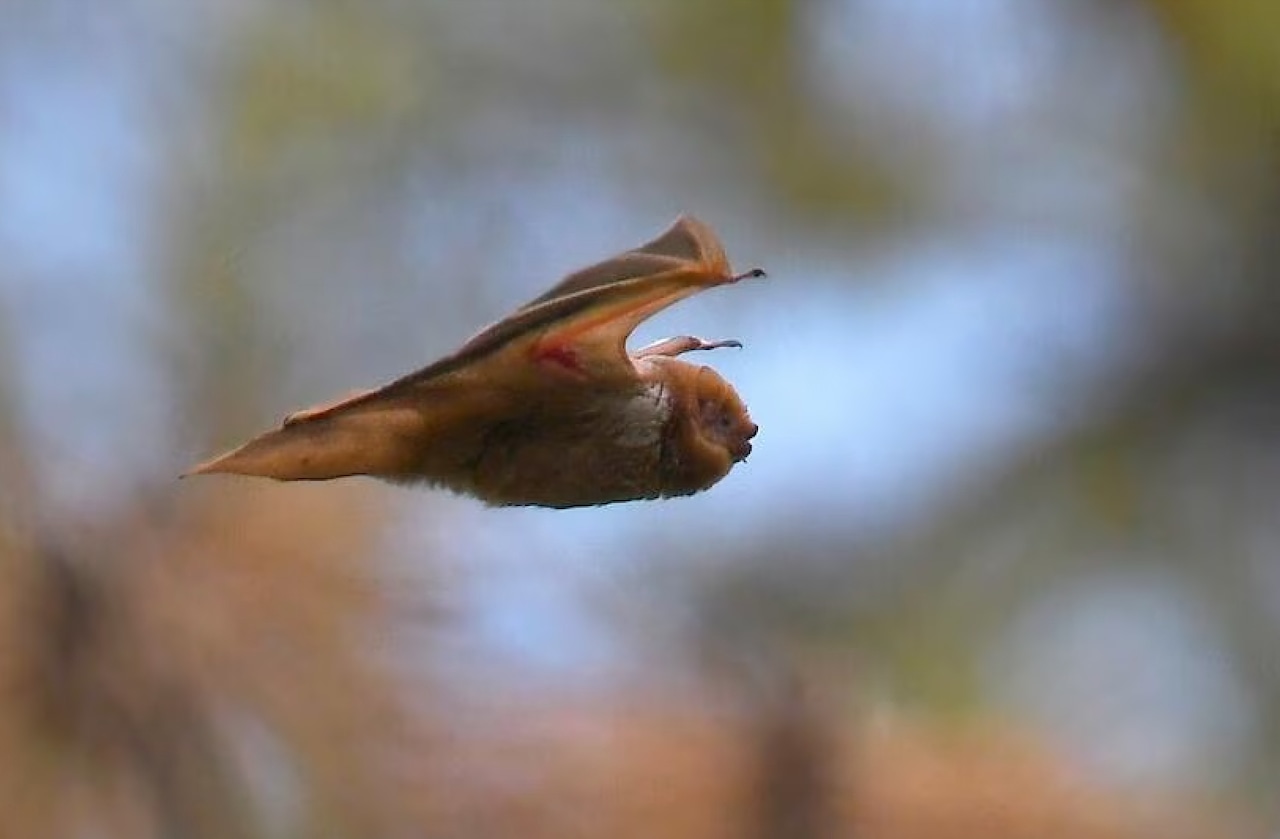
The hoary bat, golden borer moth and wild lupine are now listed under the Massachusetts Endangered Species Act.
They’re among 22 animals and plants that were newly named to the list following an update in 2024, joining a total of 453 species.
Each species on the list is categorized as endangered, threatened, or of special concern. According to MassWildlife, all listed species are at risk — or may become at risk — of extinction.
The state’s Endangered Species Act prohibits the “take” of any listed species and establishes protection procedures.
Here are the 22 species newly granted protection in Massachusetts:
Mammals
- Eastern red bat (special concern)
- Hoary bat (special concern)
- Silver-haired bat (special concern)
Butterflies and months
- Golden borer moth (endangered)
- Acadian hairstreak butterfly (threatened)
Bees
- Parnassia miner bee (threatened)
- Macropis cuckoo bee (threatened)
Plants
- Bog sedge (threatened)
- Willdenow’s sedge (endangered)
- Split-leaved hawthorn (endangered)
- Pine barrens (special concern)
- Frog orchid (endangered)
- Velvet rosette-grass (endangered)
- Showy orchid (threatened)
- Loesel’s wide-lipped orchid (threatened)
- Wild lupine (special concern)
- Winged loosestrife (endangered)
- Eastern prickly pear (endangered)
- Hooker’s orchid (endangered)
- Large-leaved orchid (threatened)
- Round-leaved orchid (threatened)
- Slender clubmoss (endangered)
When it updates the list, which has to occur at least every five years, MassWildlife’s Natural Heritage and Endangered Species Program takes the following into account: rarity in the state, population trend, and the overall threat.





